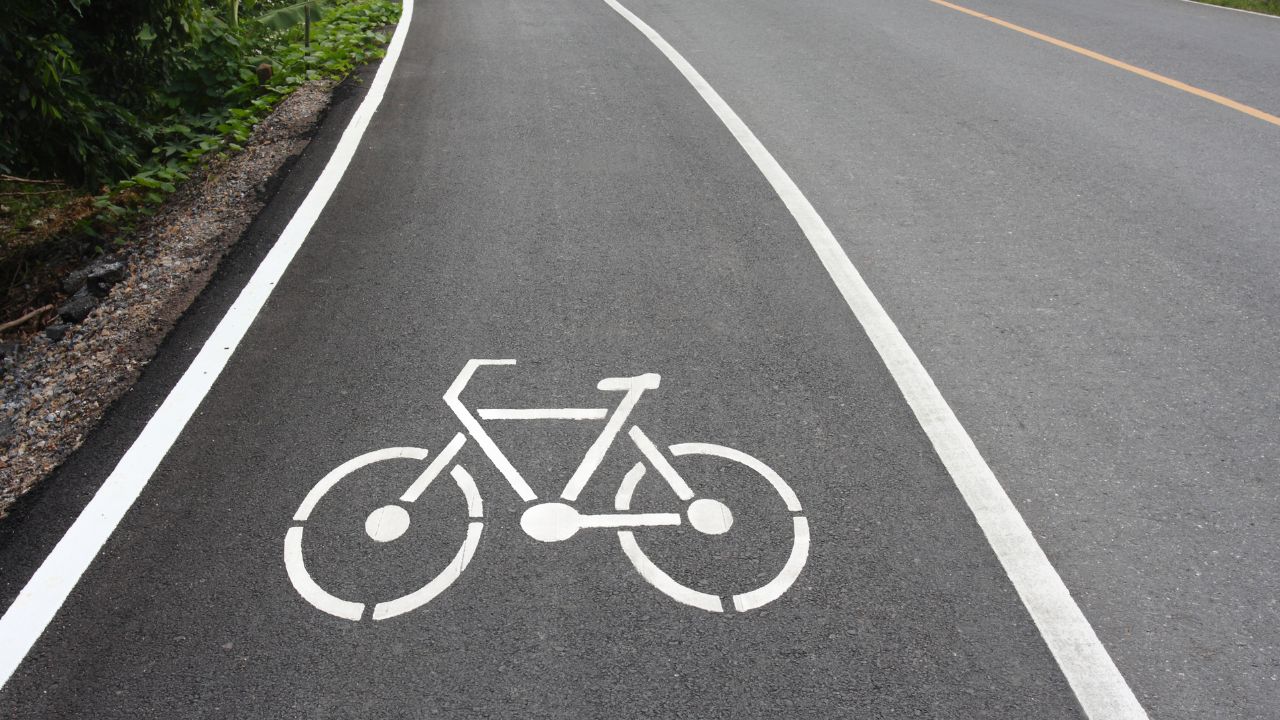DOTr expands bike lane system in Metro Cebu
MANILA, Philippine – The Department of Transportation (DOTr) is ramping up the bike lane network and related amenities for cyclists in Metro Cebu to further promote active mobility in the populous cities of Visayas.
On Monday, the DOTr broke ground for the construction of Class 1, 2 and 3 bike lanes spanning 67.19 kilometers across selected roads in the cities of Cebu, Lapu-Lapu, and Mandaue and towns of Cordova and Talisay.
“Our commitment to fostering a livable, green and people-centric urban environment has driven us to invest in innovative solutions for a better future,” said James Andres Melad, DOTr Assistant Secretary in charge of road transport infrastructure.
Class 3 lanes—marked by broken lines on the road—are the least protected as these are shared with motor vehicles. Class 2 lanes are separated by pavement marking and/or physical separators but are still on the same carriage way. Class 1 refers to bike lanes that are completely separate from the main roads.
Apart from the construction of new bikeways, the DOTr is set to maintain and upgrade existing 124.69 km of bike lanes in Metro Cebu.
The agency will also establish end-of-trip cycling facilities with 138 bike racks and five bike repair stations.
As of press time, the DOTr has not answered questions from the Inquirer about the project cost and target completion date.
READ: P1 billion in 2024 budget for more bike lanes, facilities
A total of about 564 km of bike lanes are currently established in Metro Cebu, Metro Manila and Metro Davao. The DOTr wants to expand this to 2,400 km by 2028.
In Luzon, the DOTr is set to open within this quarter the 76.7-km bike lane that traverses Batangas City and Lipa in Batangas as well as Antipolo, Cainta and San Mateo in Rizal province.
READ: DOTr plan: Pedestrians, bikers get top priority
The agency also intends to start this year the construction work related to the Edsa Greenways Project—a planned 5-km elevated walkway that traverses Metro Manila’s busiest thoroughfare. This project is expected to be completed by February 2027.
“The expansion of our active transport infrastructure is not merely about roads and lanes; it symbolizes our dedication to promoting healthier lifestyles, reducing carbon emissions, and enhancing the overall quality of life for our residents,” Melad said in a speech delivered at the groundbreaking rites in Cebu.
A 2022 survey by the Social Weather Stations notes that one in every four Filipino households owns a bike and about 30 percent of them have at least one household member biking for essential or leisure purposes. INQ

